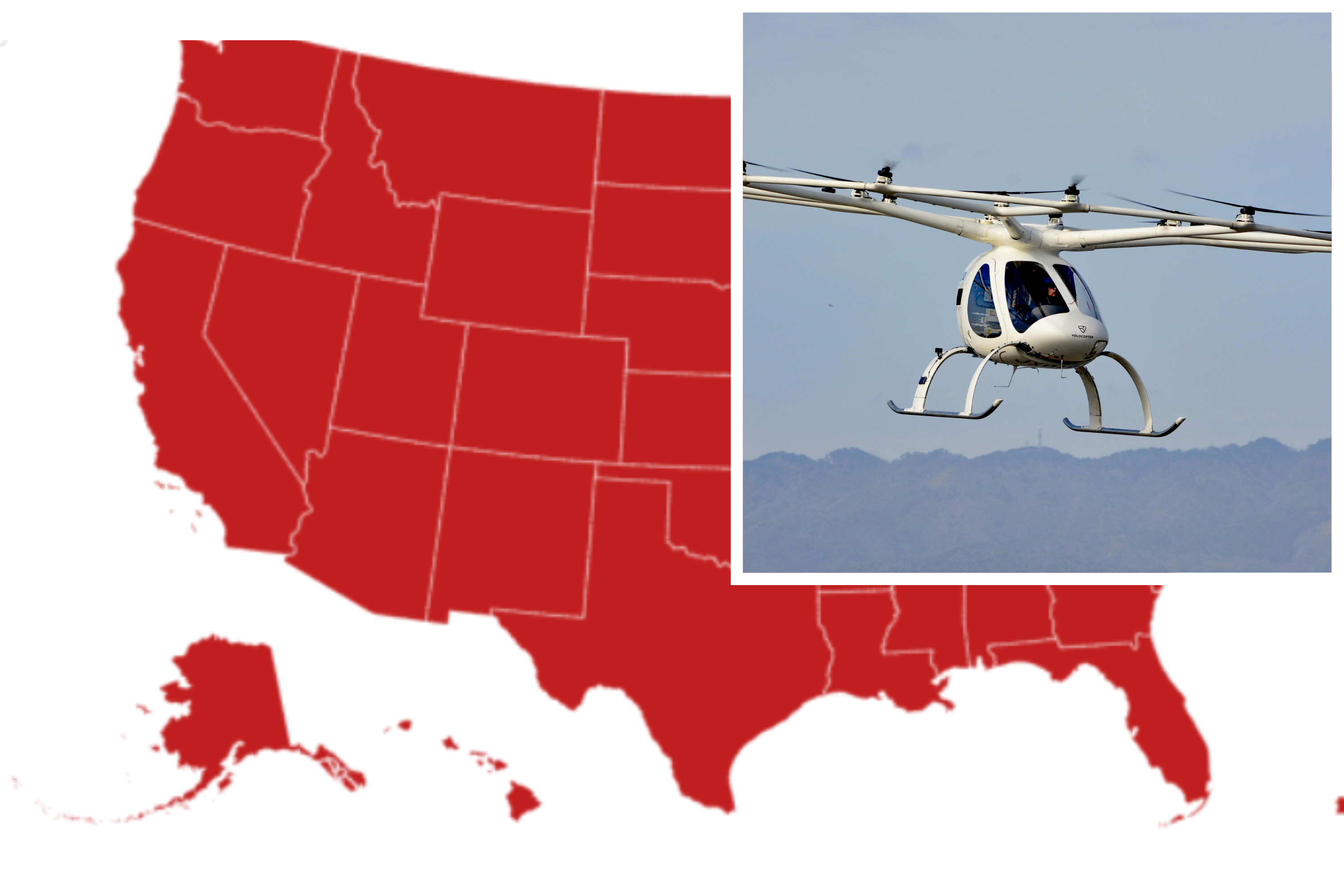Visualizing a future where flying cars are no longer the stuff of science fiction but a regular sight in the skies above American cities.
With regulations taking shape and pilot programs starting, urban mobility is on the brink of a major transformation. Minnesota has recently become the second state to pass legislation specifically for flying cars.
Minnesota, following New Hampshire’s lead, has approved laws related to flying cars with the introduction of the “Jetsons Law” on August 1st.
The Jetsons Law sets the groundwork for vehicles that can soar into the sky, with New Hampshire being the first state to enact such legislation.
CEO Doron Merdinger from US-based personal flying car manufacturer Doroni Aerospace expressed to Newsweek: “The implementation of the Jetson Law indicates states are recognizing this technology as the future of transportation. Planning for the integration of these vehicles into our daily lives is a smart move.”
The approval of flying car regulations is seen as a vital step towards the development and assimilation of this cutting-edge technology.
As progress is made towards the realization of efficient flying cars, the recent regulatory approvals signify a significant shift in how Americans might soon navigate their cities and beyond.
Legislation defines “roadable aircraft” as vehicles capable of both driving on public roads and taking flight.
With Minnesota and New Hampshire leading the charge for these innovative vehicles, supporters of flying cars believe momentum is gaining nationwide.
The Federal Aviation Administration (FAA) plays a pivotal role in overseeing flying vehicles to ensure they meet safety standards and requirements, collaborating with state governments for regulation.
The FAA’s dedication to safely integrating air taxis into national airspace includes certifying aircraft and pilots, planning for their incorporation into airspace, and establishing regulations for operators to ensure safe operation.
